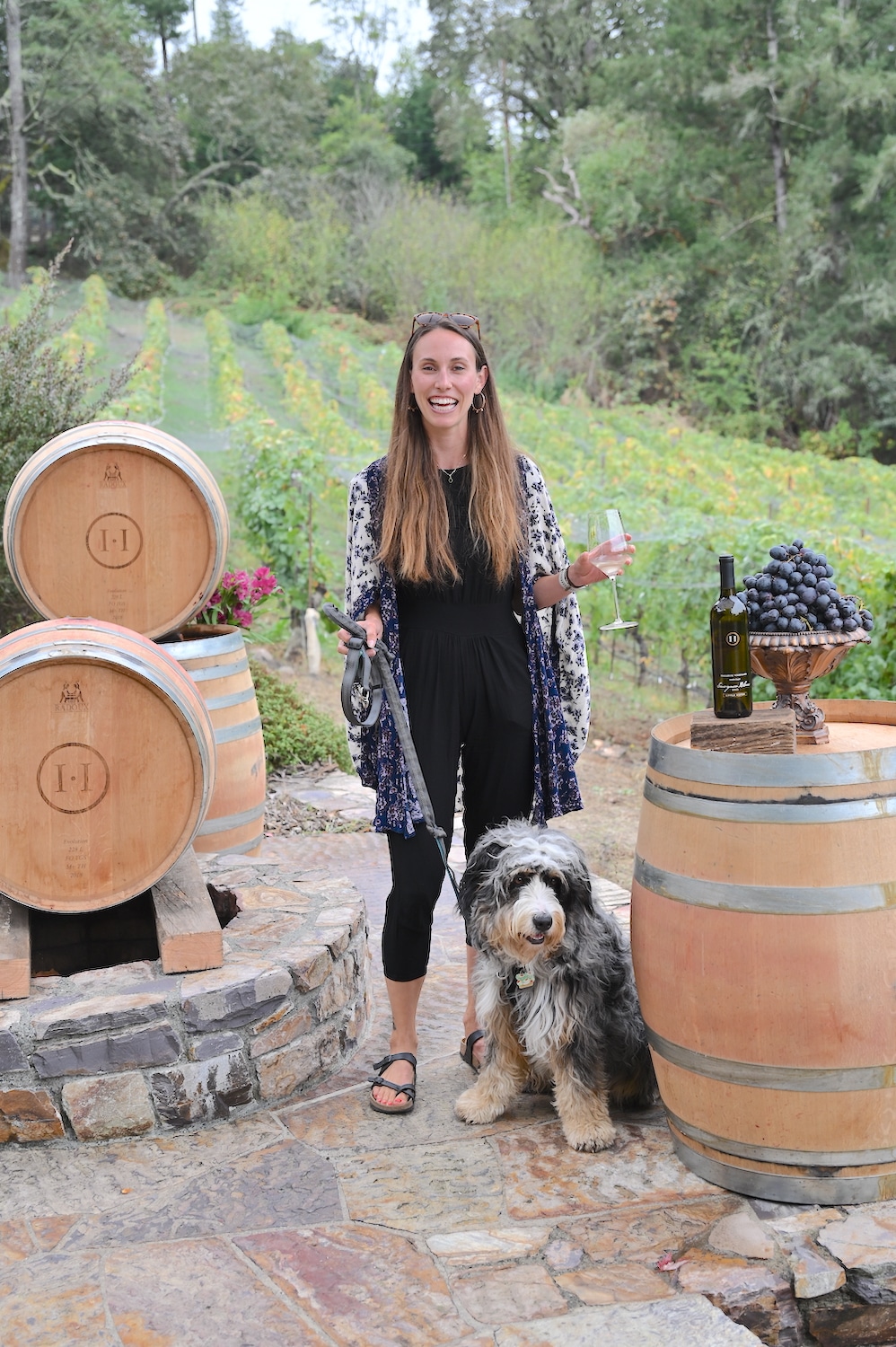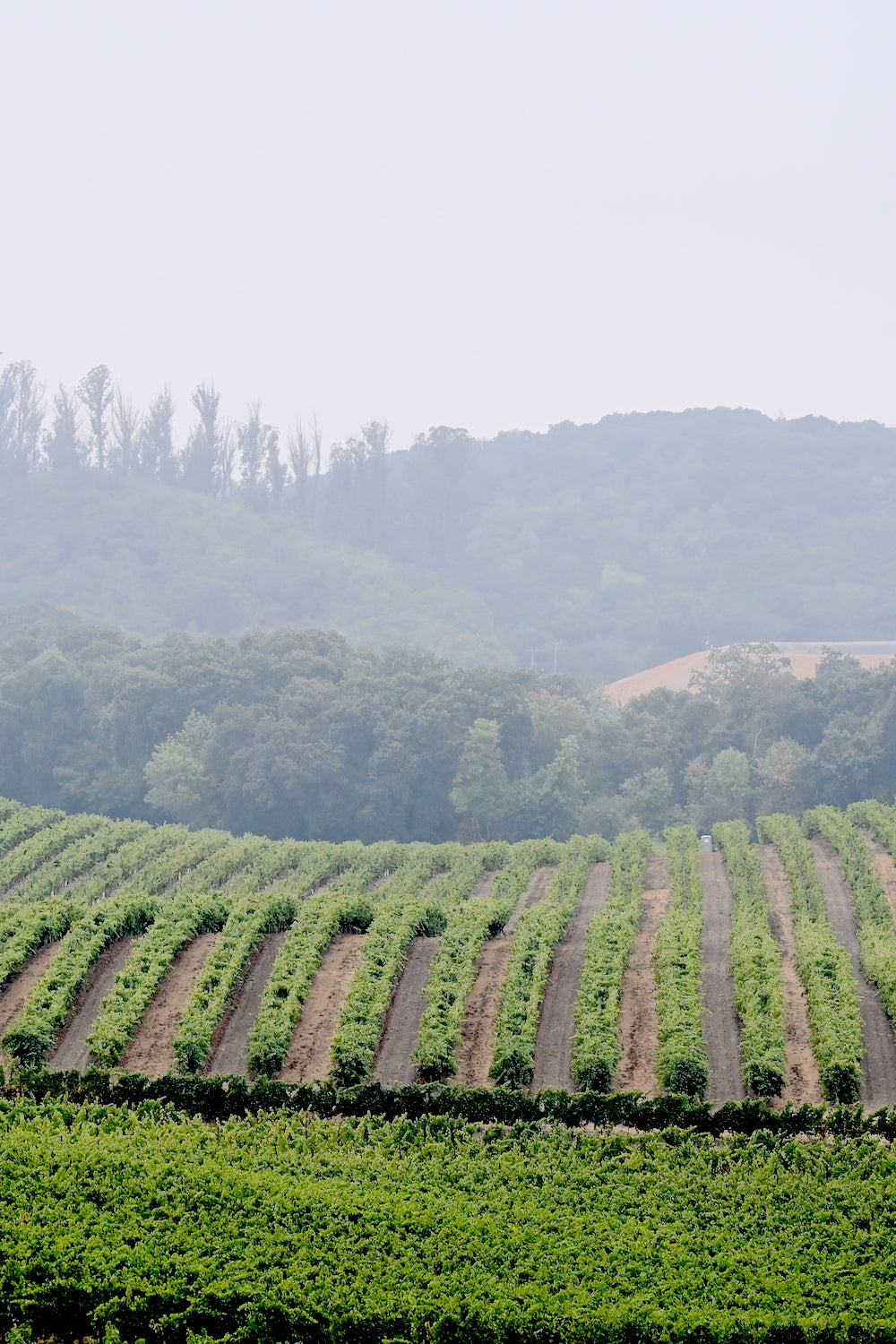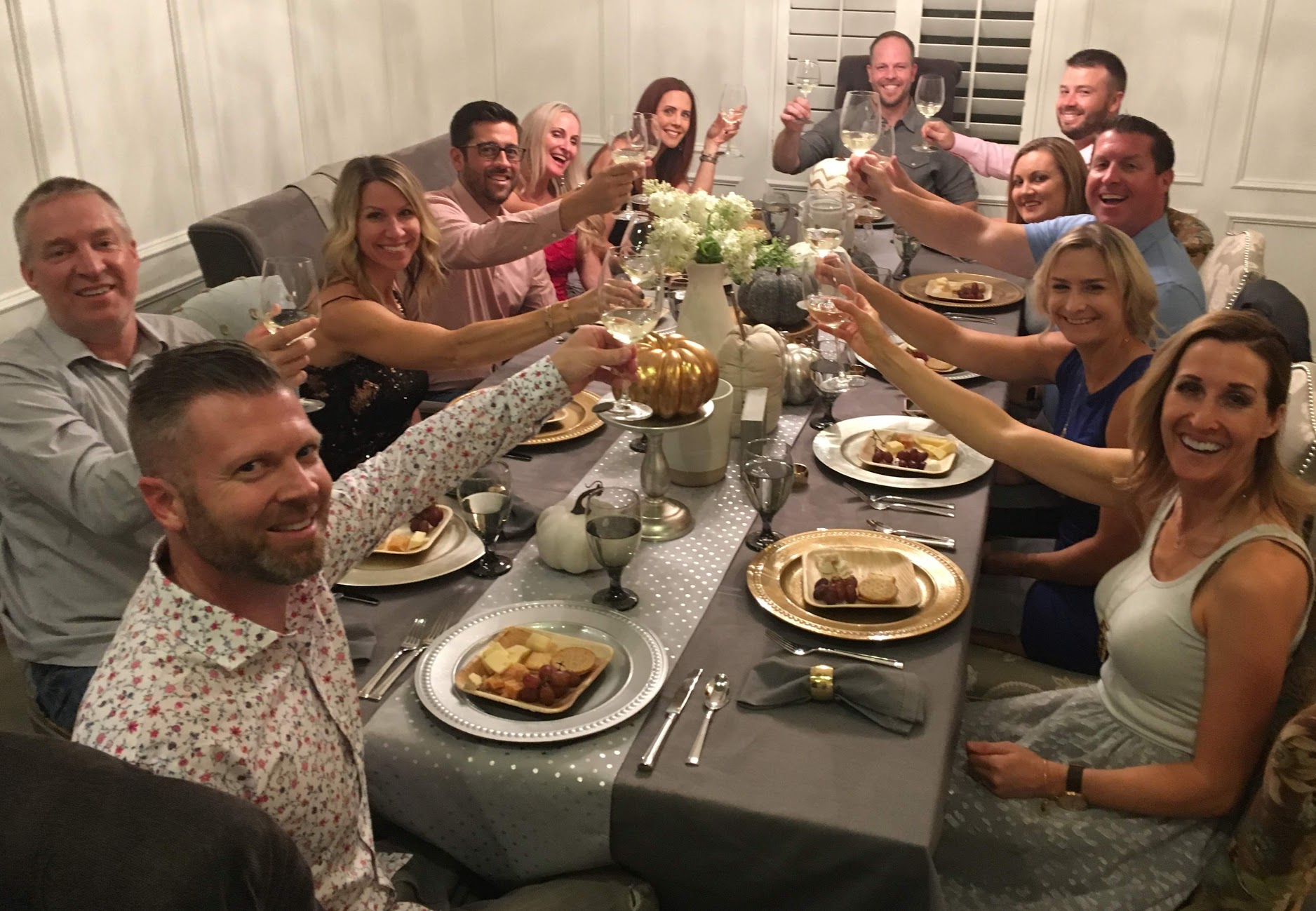Wineries Ideal For Large Groups - Best Wineries For Wine Tasting Sonoma Area
Wineries Ideal For Large Groups - Best Wineries For Wine Tasting Sonoma Area
Blog Article
Wineries Located Near Russian River Valley - Sonoma Wine Tasting Adventures
Visiting a winery for a wine tasting could be a fascinating experience, particularly when you know the way to maximise the chance with tasting notes. These notes function a guide to understanding the complexities of the wines you pattern and assist in forming a deeper reference to every pour. Using tasting notes can remodel your experience, permitting you to savor not simply the style but in addition the story behind every bottle.
Every wine has a singular profile influenced by grape variety, terroir, and winemaking techniques. Understanding these elements can improve your appreciation of the wine. When you would possibly be given a tasting menu or a flight of wines to sample, take the time to read through any descriptions supplied (Wineries Ideal For Romantic Getaways). This preliminary overview can set the tone and expectations on your tasting experience.
Begin your wine tasting by observing the wine in your glass. The colour can reveal so much concerning the wine’s age and varietal. Take notes on the hue, readability, and viscosity. A well-structured tasting note usually consists of this visible evaluation because it varieties the foundation of your evaluation. While it might appear trivial, the visible side is essential in wine tasting.
Wineries Renowned For Cabernet Sauvignon In Sonoma - Vineyard Tours In Sebastopol
After your visible evaluation, it's time to take a delicate whiff. Swirl the wine in your glass to aerate it, releasing its aroma. This is where tasting notes turn into notably valuable. Make notes in regards to the totally different scents you detect—fruits, spices, or floral hints. Identifying these aromas will assist you to put words to the intrinsic complexities of the wine you might be sampling.

The subsequent essential step is the tasting itself. Take a small sip and let the wine roll over your palate. Note the flavors you experience. Are they candy or tart? Where does your palate detect each flavor? Some wines could current quick sweetness followed by a tannic end. Use your tasting notes to document these layers, making a roadmap of your sensory experience.
Think About also the mouthfeel of the wine as you taste. Is it easy, crisp, creamy, or maybe tannic? This textural quality significantly influences the general enjoyment and impression of the wine. Observing the mouthfeel can reveal the quality and craftsmanship behind the winemaking process.
It Is useful to match different wines as you style them. If you're sampling a flight with contrasting varietals, make a note of the variations you understand. How does the acidity vary from one wine to another? Which wine feels fuller, and which is extra refreshing? This comparative train deepens your understanding and helps sharpen your analytical skills.
Scenic Vineyard Tours In Sebastopol - Sebastopol Vineyard Experiences

Have Interaction with the winery staff while tasting. Educated hosts often share insights concerning the winery's history, the particular vintage, or the winemaking philosophy, enriching your appreciation of the wine. Don't hesitate to ask questions that pique your interest primarily based in your tasting notes. Many hosts enjoy discussing their wines and may provide a wealth of information that isn’t readily available from printed materials. Wineries Renowned For Cabernet Sauvignon In Sonoma.
Hold in mind the seasonality of wines as you style. Completely Different wines evoke varied moods and pair properly with distinct culinary experiences. Take notes on the way you might take pleasure in a selected wine with food. This not only adds context to your tasting notes but in addition aids future alternatives and purchases.

Another helpful tip while utilizing tasting notes at a winery is to report your impressions instantly. As wines can mix and create a uniform flavor memory, jotting down your ideas promptly ensures a more accurate reflection of your experience. Use adjectives that resonate with you, crafting a private vocabulary to describe every wine based mostly in your preferences.
After completing the tasting, evaluation the notes you’ve taken. Reflect on which wines stood out to you and why. This reflection reinforces your tasting experience and highlights what you might seek in future purchases. If you have noted particular aromas or flavors that captivated you, this information empowers you to decide out wines that align with your palate.
Wineries With Locally Sourced Food Options - Exploring The Vineyards In Sonoma County
Wine tasting can even serve as an opportunity for socializing. Sharing your tasting notes with companions can ignite engaging discussions on flavors, preferences, and impressions. This communal side of wine tasting typically enhances the experience, cementing lasting reminiscences that you can recall with a cup of wine in hand.
In conclusion, using tasting notes at a winery wine tasting can considerably enhance your experience. By observing the visible elements, aromas, flavors, mouthfeel, and even the stories behind the wines, you create a wealthy tapestry of notes that may guide your future wine experiences. Engaging with the click resources workers, comparing wines, and reflecting in your impressions will deepen your appreciation for the art of winemaking. Each tasting is a chance to discover and connect with wines in thrilling new ways. With practice, your tasting notes will evolve, changing into a cherished element of your wine journey.
Wineries Promoting Sustainable Farming - Sonoma Valley Vineyards And Wine Tasting
- Begin by familiarizing your self with the winery's tasting notes; they normally describe the wine’s aroma, flavor profile, and end, providing a helpful framework.
- Use your senses of sight and smell earlier than tasting; swirl the wine in your glass, observe its shade, and inhale its bouquet to seize the wine's initial characteristics.
- When tasting, take a small sip and let the wine coat your palate; focus on the primary flavors and any secondary notes that will emerge, corresponding to fruit, spice, or earthiness.
- Pay attention to the texture and mouthfeel of the wine; is it smooth, tannic, creamy, or crisp? This side can considerably enhance your understanding of the wine.
- Compare the tasting notes with your sensory experience, noting any similarities or discrepancies, which might deepen your appreciation of every wine’s complexity.
- Consider the wine’s aging potential by analyzing its construction and stability; some wines could also be enjoyable now, while others may evolve superbly over time.
- Take notes in the course of the tasting; recording your impressions might help you remember every wine better and refine your palate for future tastings.
- Interact with the tasting workers; ask questions concerning the wine manufacturing process, grape varieties, and the specific notes you are detecting to enhance your knowledge and experience.
- Discover pairing recommendations alongside your tasting; understanding which foods complement the wine can enrich each the tasting experience and your appreciation for the wine's nuances.
- Respect varying preferences amongst your group; wine tasting is subjective, and encouraging open dialogue about individual tastes can result in a extra enjoyable and informative experience.undefinedWhat are tasting notes, and why are they necessary at a wine tasting?undefinedTasting notes are descriptions of the flavors, aromas, and general impressions of a wine. They are necessary because they guide your palate and improve your understanding of the wine's characteristics, serving to you appreciate completely different varieties and styles.
How should I take notes throughout a wine tasting?undefinedYou should concentrate on key elements corresponding to aroma, flavor, body, acidity, and end. Use a structured format or template to categorize your thoughts and write down your impressions instantly after tasting. This helps you remember your ideas later.
Am I Able To use my own words to explain a wine, or should I stick to straightforward tasting terms?undefinedYou can absolutely use your own words to explain a wine. Whereas commonplace tasting terms can help convey specific qualities, personal descriptors add authenticity to your notes and may make your wine experience more pleasant and relatable.
Ought To I give attention to particular flavors in the wine or the overall experience?undefinedEach aspects are essential. Whereas specific flavors assist you to establish the unique characteristics of a wine, the general experience encompasses how all components combine—creating a more holistic understanding of the wine.
Breathtaking Views From Sonoma Wineries - Wineries To Visit
What if I can't establish certain aromas or flavors during a tasting?undefinedIt’s frequent to have difficulty figuring out specific tastes or scents. Don’t hesitate to ask for help or steering from the staff on the winery. They can provide insights and assist refine your palate over time via practice.
How can I use tasting notes to decide on wines within the future?undefinedBy reviewing your tasting notes, you possibly can determine your preferences and trends in your i was reading this wine selections. This permits you to choose wines that align together with your palate in future tastings and purchases, making your experience extra pleasant.
Is it appropriate to match wines throughout a tasting?undefinedYes, comparing wines may be useful. It helps spotlight the differences in flavor profiles and attributes, permitting you to develop a deeper appreciation and understanding of each wine's distinctive qualities.
What should I do if I disagree with the tasting notes offered by the winery staff?undefinedDisagreement is a natural part of wine tasting! Use it as a possibility to discuss your impressions with the workers; they can provide further context or details about the wine, which may enrich your experience.
Remarkable Craft Wineries In Sebastopol - Sonoma's Best Vineyards
How ought to I arrange my tasting notes after the event?undefinedAfter the tasting, manage your notes by wine kind, producer, or personal preference. Consider creating a digital or physical journal which can be referenced for future tastings and wine choices, making it easier to recall your experiences. Report this page